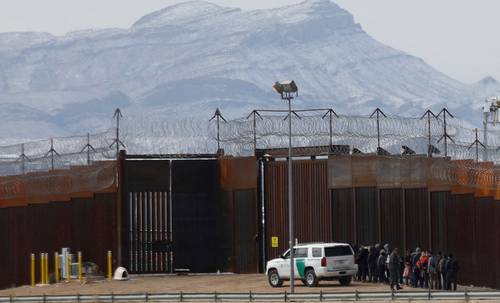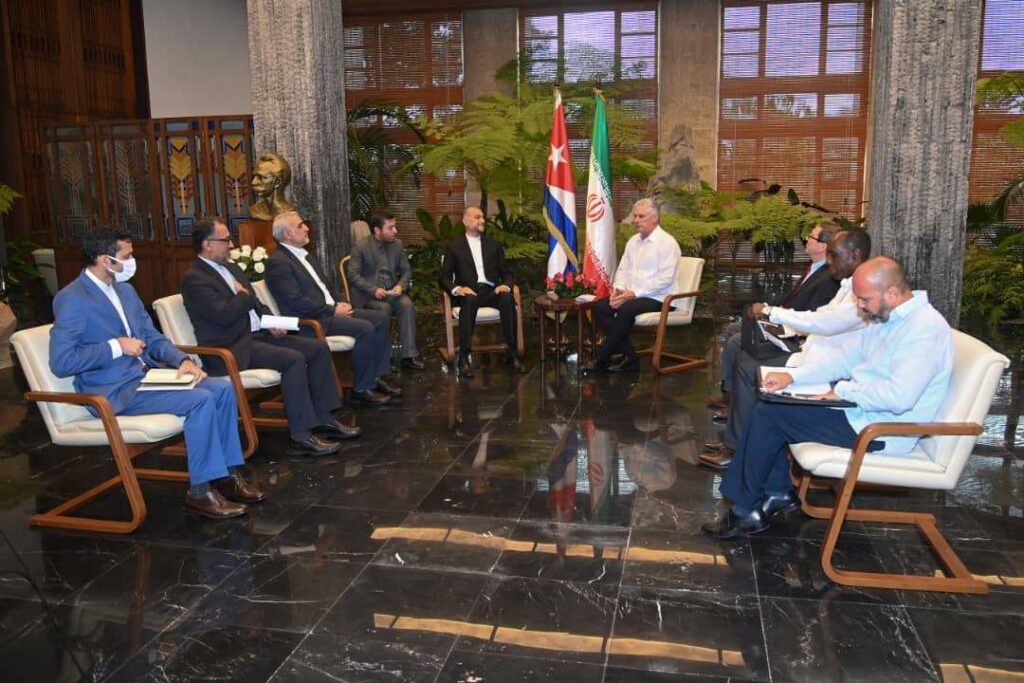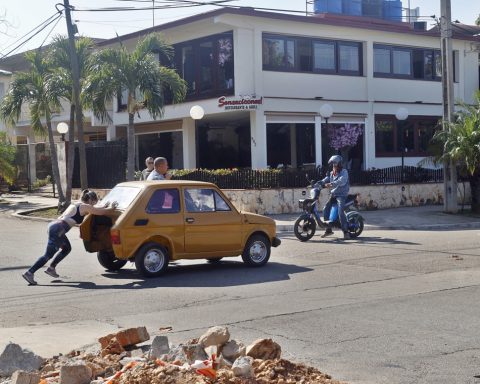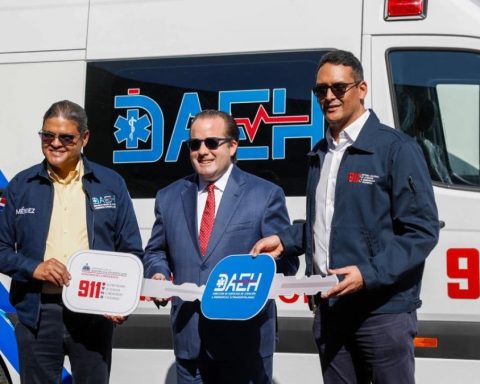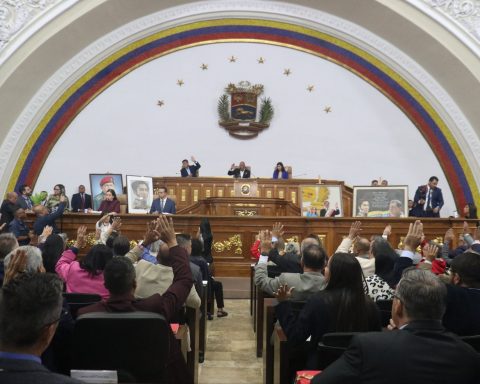▲ Border Patrol agents detained a group of undocumented immigrants on Friday who crossed from Ciudad Juárez to El Paso, Texas.Afp photo
Arturo Sanchez Jimenez
Newspaper La Jornada
Sunday February 5, 2023, p. 8
Foreign Minister Marcelo Ebrard spoke yesterday with US congressmen about binational cooperation on border security, reduction of arms and fentanyl trafficking, as well as migratory flows in the region.
Ebrard met with members of the United States Senate and Congress at the Ministry of Foreign Affairs, where he highlighted the cooperation between both countries to deal with the flow of synthetic drugs and fentanyl to the north, as well as the strategic importance of reducing the illicit flow of arms and ammunition from the United States to Mexico.
Mexico and the United States seek to stop arms trafficking to the south and synthetic drugs to the north. We share strategic objectives. So the idea is that we have the same technology on both sides of the border to achieve our common goal.
Foreign Minister Ebrard mentioned, according to information from the SRE.
Roberto Velasco, head of the Unit for North America, added that the Mexican authorities have increased operations to seize the number of fentanyl chemical precursors.
Regarding migration, he highlighted the reduction of more than 95 percent of the irregular flows of people from Cuba, Haiti, Nicaragua and Venezuela. In this sense, he specified that regular access routes to the United States are an essential pillar in immigration matters. Mexico promotes mechanisms that promote regional labor mobility while reducing the participation of human traffickers in the regional migratory flow
he pointed.
María de Haas, General Director of Special Affairs, presented the progress and challenges of binational cooperation to reduce arms and ammunition trafficking to our country, emphasizing the need to strengthen mechanisms to share information and intelligence on the matter.
The delegation from the United States was made up of Stephanie Syptak-Ramnat, head of chancellery of the US embassy in Mexico; Joni Ernst, Senator from Iowa; Katie Britt, Senator from Alabama; Mariannette Miller-Meeks, representative from Iowa; Darrell Issa, representative from California, and Randy Feenstra, representative from Iowa.
The Mexican delegation also had the participation of Alejandro Celorio, SRE legal consultant; Cristina Planter, Coordinator of Political Affairs for North America; Arturo Rocha, coordinator of Strategies and Public Policies for North America, and Rafael Saucedo, director of Inter-institutional Relations for North America.
